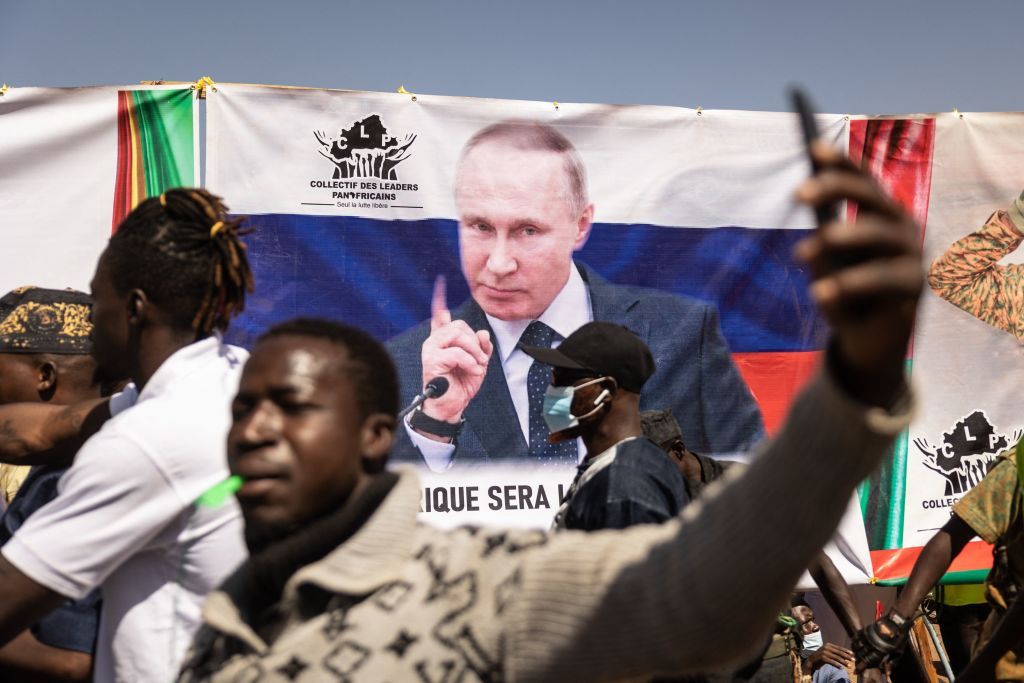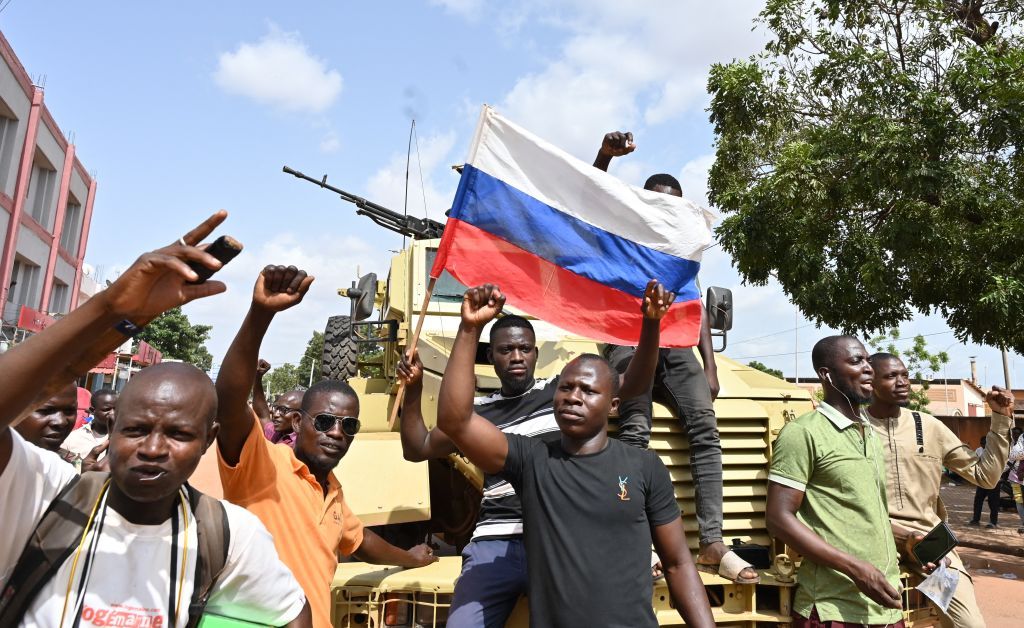Rebels in Mali claim to have killed and injured dozens of soldiers, Russian mercenaries

Mali’s army and Russian mercenaries from the Wagner Group lost dozens in killed and wounded in a battle with rebels in the country’s north, a spokesman for the rebels claimed on July 27.
Russia maintains a strong presence in African countries through Wagner and other entities, propping up authoritarian governments, fueling destabilization, and extracting resources to fund its war against Ukraine.
The West African nation of Mali has been the subject of a significant Russian influence campaign since the Malian army overthrew the government in a coup in 2021. The Wagner mercenary group, founded by the late Yevgeny Prigozhin, has been particularly active in Mali and has been accused of perpetrating war crimes and widespread looting.
Mohamed Elmaouloud Ramadane, spokesman for the pro-independence CSP-DPA coalition, said in a statement published on Facebook that a two-day battle on the outskirts of Tinzawaten village earlier this week resulted in the rebels destroying “the entire column of the Malian army and Russian mercenaries.”
Ramadane added that “the enemy suffered huge losses in terms of lives and equipment, including dozens of dead and wounded.”
An unnamed local politician told AFP that the Malian army had retreated from Tinzawaten as a result of the battle.
The Malian government forces reported on July 28, as cited by Associated Press, that two of their soldiers had been killed and 10 injured in a rebel attack.
Russian pro-war Telegram channels, including those linked to the Wagner Group, published photos and videos allegedly showing the bodies of killed mercenaries and destroyed equipment.
They also wrote that among the killed Russian mercenaries were the author of Grey Zone, a major Telegram channel covering Wagner actions in Ukraine and Africa, and Anton Elizarov, a Wagner commander who led the group's offensive operations against Soledar and Bakhmut.
None of these claims can be independently verified.
Wagner mercenaries fought in Ukraine and launched a brief rebellion against the Kremlin in June 2023, marching on Moscow before abruptly ending their mutiny. After the failed rebellion, some Wagner members signed contracts with the Russian Defense Ministry, others went to fight in Africa.














